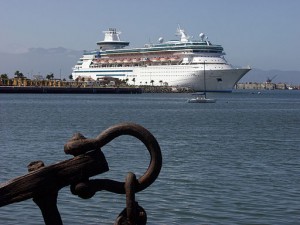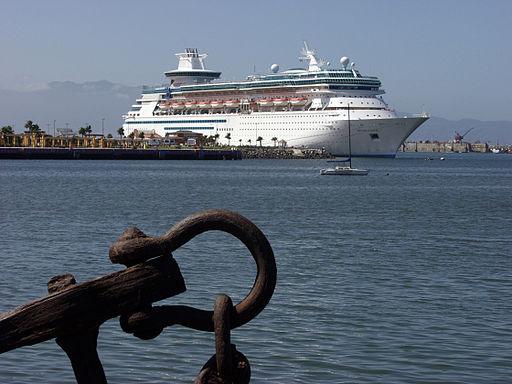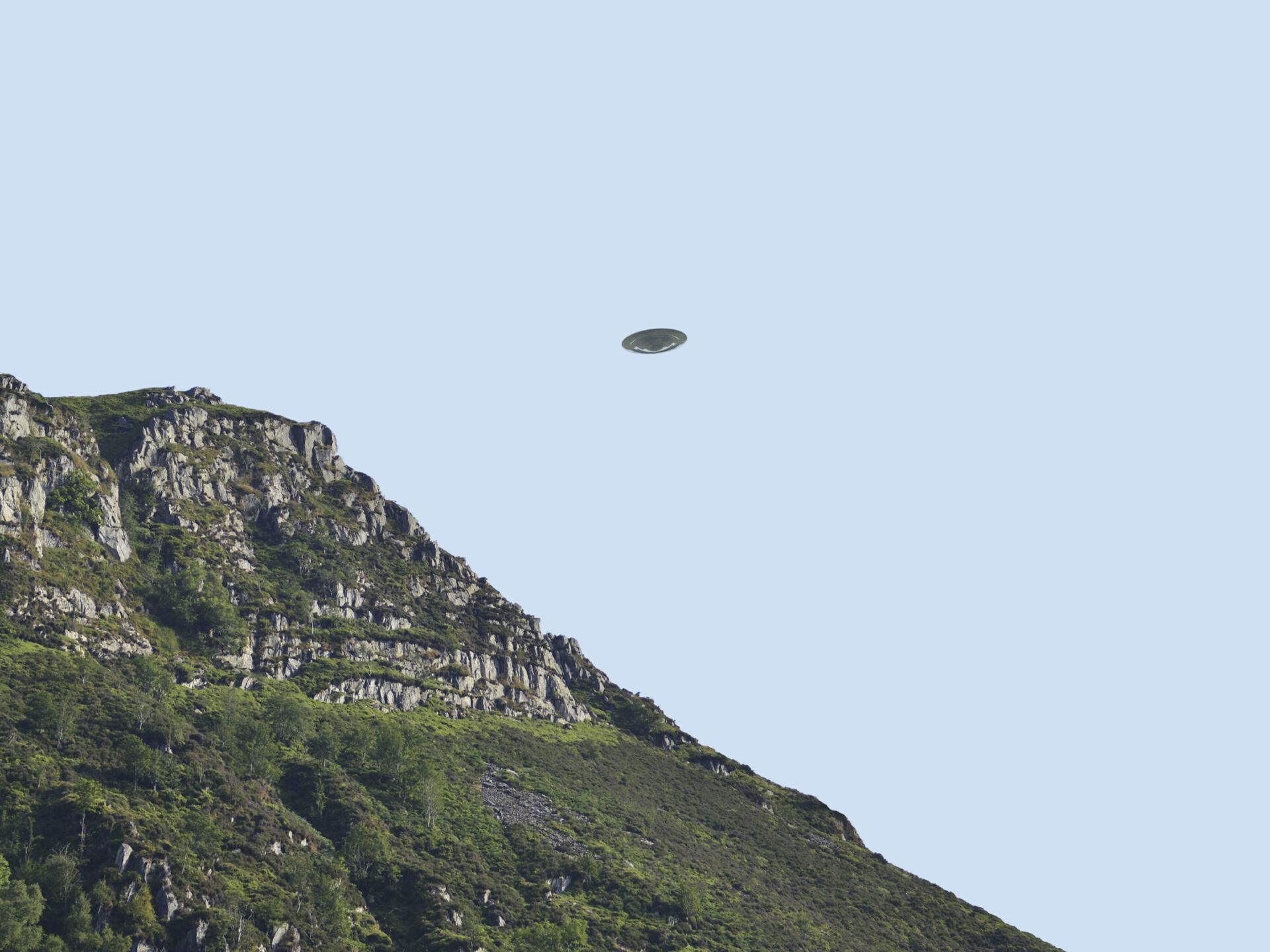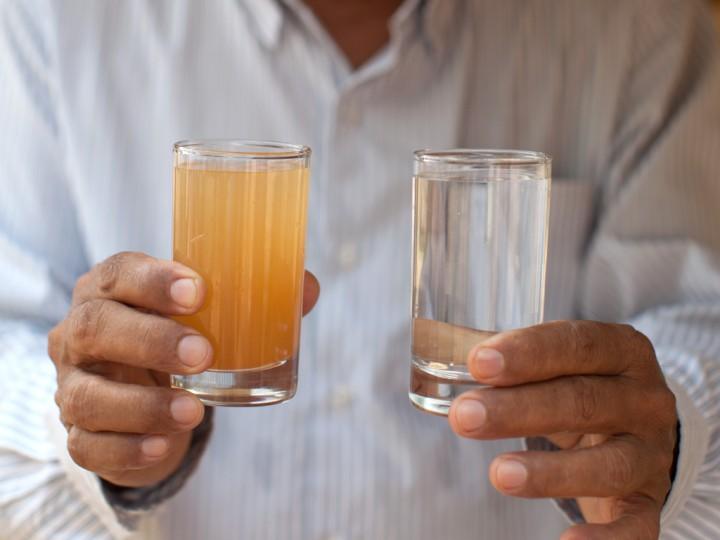Editor’s Note: Way Off the Grid is a satire feature of Off the Grid News. While the articles in this section may deal with current events, they are meant to portray these topics in a satirical and humorous light.
 MIAMI – After a two-year safety review of the cruise industry revealed continuing increasing risk problems, leading cruise line executives met in Miami and announced a new series of industry-wide “thrill-seeking sea adventures on the high seas.”
MIAMI – After a two-year safety review of the cruise industry revealed continuing increasing risk problems, leading cruise line executives met in Miami and announced a new series of industry-wide “thrill-seeking sea adventures on the high seas.”
“Our industry is excited to face its challenges head-on,” said Regal Cruises CEO Terrance Maltby. “We have to recognize that rogue waves, onboard fires, bacteria, coral reefs, and missing passengers are not setbacks but opportunities to expand.”
Sharon Dixon, vice-president of Carousel Cruise Lines, described their new “Fire Fighters Voyage,” in which passengers must first pass a “week-long fire suppression course and then have to conquer three mysterious ship fires in the middle of the Pacific. The winning team receives a free lobster banquet and a weekend visit to the lava fields of Hawaii’s Kilauea volcano, complete with aluminized, vapor barrier suits.”
Swiss Lenieux Lines announced its series of “Medical Puzzle Tours” for physicians and laboratory workers, who will have to come up with an antidote or preventative measures against a breakout of a gastrointestinal illness, “but competitors will have to rush to find out whether the bacteria is salmonella, campylobacter, or shigella,” all while cruising the coasts of South America. Losing teams will have agreed beforehand to embrace the illness and elimination in a local questionable port of call, “all part of the adventure,” said Jacques Marot, spokesman for the plan.
Additional extreme-voyage options on the horizon include Cruise Oceania’s “Rogue Wave Hunting Weekend Excursions,” which will replace its tamer whale-spotting programs. Scandia-Norsk Lines has already introduced its no-radio, no lifeboat, no life-vest, secret destination arctic getaways. Prince Mediterranean Cruises admits that television’s many crime scene investigation shows has helped people line up for its “Murder Mystery Tours” around the Caribbean, in which voyagers first have to pinpoint the missing passenger and then figure out the cause of death, “while avoiding becoming the next victim.” Once a team solves the mystery and sequesters the guilty offender, then the party begins. Voyagers agree not to return to land until they solve the murder or food stores are completely depleted.
Industry experts agree that the most controversial extreme voyage will be Seacrest Cruises’ “High-Seas Pirate-Encounter Adventure” off the coast of East Africa. CEO Jerry Brookstein says “a team of former Navy Seals will drill passengers in high sea tactics and weaponry” before the ship “sails through a gauntlet of desperate pirate vessels.” Brookstein admits that the Navy Seal drills will probably produce many holiday tears at first, “but passengers will be grateful for their training when their lives are at stake at the end of the week.”
“In the recent past, cruise voyages had too many open questions and surprises,” says Brittany Lovell, president of the International Cruise Line Association. “Holidaymakers might save for years for a cruise and then wait for months with great anticipation, only to have their dreams destroyed by a little cabin fire or some pesky food-borne illness. The heartbreak was too much for passengers, as well as cruise lines.” She said extreme cruises answer all the open questions beforehand. “If you sign up for a fire or pirate-fighting voyage, you know you will encounter those great adventures with open eyes, and you’ll be ready and willing to pay with checkbook and consequences. No surprises. Just conscious winners and losers.”
The cruise industry believes the time is ripe for such extreme adventures. “We live in a generation of people who have been raised admiring CBS’s Survivor series,” said Lovell. “People yearn for those grand, extreme experiences, and they’re willing to pay big money to do it, even at a little risk of severe illness or the loss of a couple limbs.”
Early market research has shown a mild to fearful interest in extreme voyages, but this hasn’t deterred cruise line enthusiasm. Most of the cruise lines have been test-running the extreme voyages over the past year. Test-passenger Jinny McKinley, a forest ranger from Montana, tried the fire-fighting adventure off Hawaii, and she said, “fighting fire while seasick was a new experience for me, but that’s what I hoped for.” Doug Reynolds took his family on the experimental pirate-fighting voyage, and two of his teenage children were taken hostage. “There are down sides,” he conceded. “But the wife and I are taking the follow-up cruise to rescue our kids back. I hear it takes practice.”
ICLA vice president Christine Pender said extreme cruises greatly reduce insurance and reimbursement costs, “but it’s still really all about the customer.” Pender added that most cruise lines “are just relieved not to have to keep saying over and over that ‘safety is our highest priority.’ We just weren’t good at that.”
©2012 Off the Grid News










